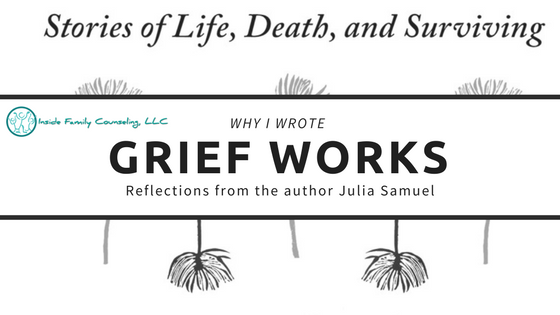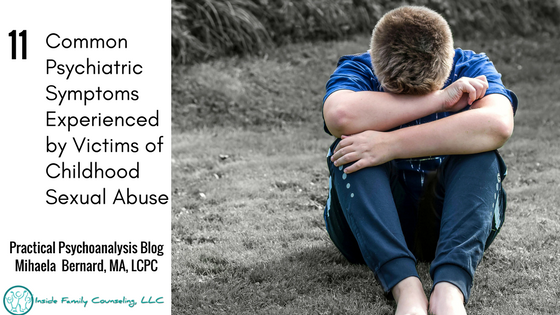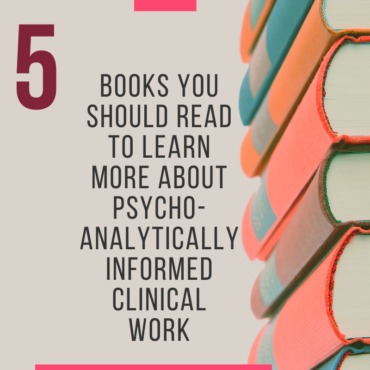I wrote Grief Works because I was angry. Angry that so many of the bereaved clients that came through my door, were suffering more than necessary, because they felt they should have been coping better, feared they were going mad. They had no idea this is normal in grief. And they didn’t know how to help themselves. I want Grief Works to change that ignorance into knowledge and thereby confidence.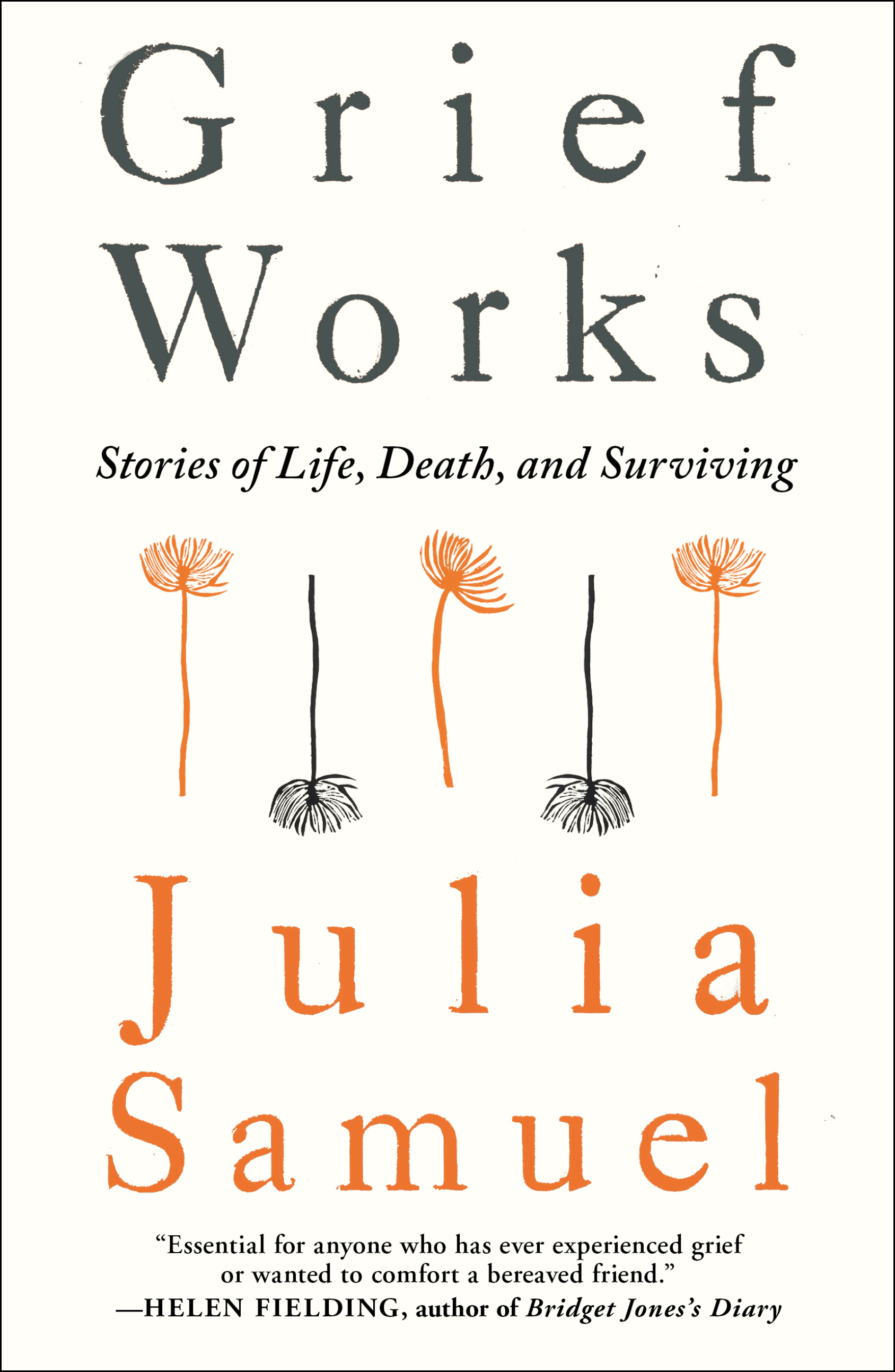
I learned this lesson in my childhood, both of my parents had experienced significant losses: my mother’s mother, father, sister and brother were all dead by the time she was 25 – my father’s father and brother were dead by his mid twenties – and they never spoke about them. I saw black and white photographs of these people around the house, but they were like ghosts in a frame, I knew nothing about them. They believed that what you don’t talk about won’t hurt you. Forget and move on. Yet the pain they felt beneath their silence remained untouched throughout their lives. When my mother told me about the death of her brother at Arnhem, during the war, she spoke as the 17 year old sister whose grief was absolutely raw.
Death is the last great taboo, and its consequence, grief, is profoundly misunderstood. We seem happy to talk about sex, or failure, or expose our deepest vulnerabilities, but on death we are silent. It is too frightening, even alien, for many of us, to find the words to voice it. That silence leads to ignorance, which means we often don’t know how to respond to grief in others, let alone ourselves. We prefer it when the bereaved don’t show their distress, and we say how “amazing” they are when they are being “so strong.” But the fact is. death happens and grief hurts. Despite the language we use to try and deny death: “passed over” “lost” “gone to a better place” it is a harsh truth that as a society we are pretty ill equipped to respond to it. The lack of control and powerlessness that we are forced to contend with, counters our 21st century belief that technology or medicine can fix us, or if it can’t, our determination can.
Every day thousands of people die, expectedly and unexpectedly. 2,626,418 deaths a year in the USA. On average every death affects at least five people, that means millions of people will be faced with the shock of the news. They will forever remember where they were standing when they heard their parent, their sibling, their friend or their child is dying or has died. It will impact their relationship with themselves, and with every aspect of their world, for the rest of their life. How they manage that process, will inevitably affect the people around them.
For the grief we feel is invisible. It is an invisible wound that is greater or smaller depending on how much we loved the person who has died. It may be that we are grieving a sudden death, or an anticipated death. Either way the sky we look up at is the same sky as before the death, but we look in the mirror and we don’t see the same person. We look at a photograph of ourselves, and wonder at the innocence of that smile, and see a different face from the one we see now. But some of the people around us, don’t understand the complexity of what has happened, or the depth of the hidden injury we are carrying. Death is the great exposer. It forces into the open, hidden fault lines, submerged secrets, and reveals to us how crucial those closest to us are.
I have regularly seen that it is not the pain of grief that damages individuals and whole families, even through many generations; but it is the things we do to avoid the pain, which inflicts the most harm. Dealing with pain requires work on many different levels; physical and psychological. It is not possible to do that on our own. Love from others is key to helping us survive the love we have lost. With their support, we can endeavour to find a way of bearing the pain and living without the person who has died; and daring to trust in life again.
In my profession there is a body of well researched practical facts as well as psychological understandings that are essential for anyone who is grieving. As a therapist I have witnessed how this knowledge can help protect those who are bereaved, suffering worse consequences, through inappropriate support. Research studies show that at the root of 15% of all psychiatric referrals, is unresolved grief. But this information is not out in the world and I want this book to change that. There is so much fear that surrounds death and grief, largely caused by ignorance and lack of knowledge, and I want to replace that fear with confidence. I want people to understand that grief is a process that has to be worked through; whatever the circumstance, whoever they are, to protect them from a bad event having even worse consequences, due to ignorance – but that information is not out in the world. I want this book to change that.
Peoples’ resistance and thereby lack of knowledge about death and dying is understandable because it is fuelled by fear. I would like to replace that fear with confidence. Experience has taught me that grief is work, extremely hard work, but if we do the work it works for us, the natural process of grieving can be supported to enable us to both heal, function effectively in our lives, and help us to find a way to rebuild our life. I hope that this book will illuminate what that work entails.
When love dies, it is only the love of others that can help us. This book shows how that love works.
© Julia Samuel, author of Grief Works: Stories of Life, Death and Surviving (Scribner)
About the Author:
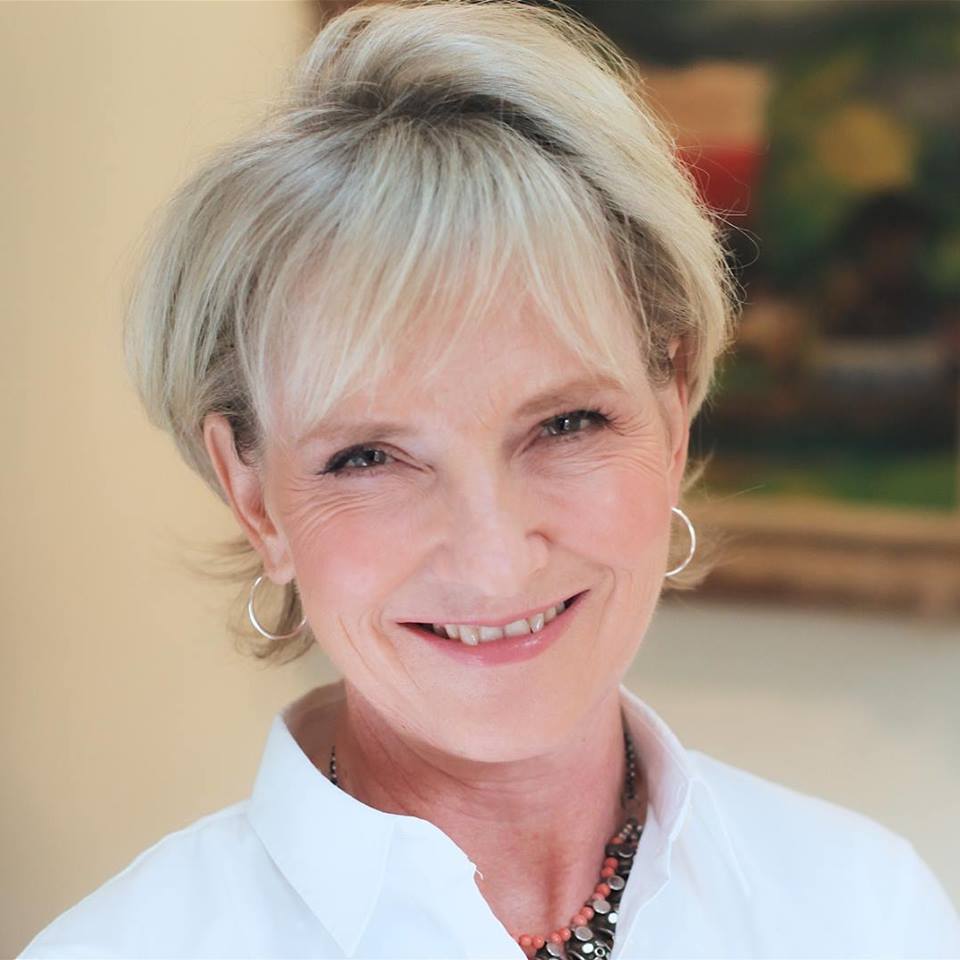 Julia Samuel is a grief psychotherapist who has spent the last twenty-five years working with bereaved families, both in private practice and with the NHS at St Mary’s Paddington where she pioneered the role of maternity and paediatric counsellor. She is Founder Patron of Child Bereavement UK, where she continues to play a central role. Grief Works is her first book. Find out more at www.griefworks.co.uk
Julia Samuel is a grief psychotherapist who has spent the last twenty-five years working with bereaved families, both in private practice and with the NHS at St Mary’s Paddington where she pioneered the role of maternity and paediatric counsellor. She is Founder Patron of Child Bereavement UK, where she continues to play a central role. Grief Works is her first book. Find out more at www.griefworks.co.uk

